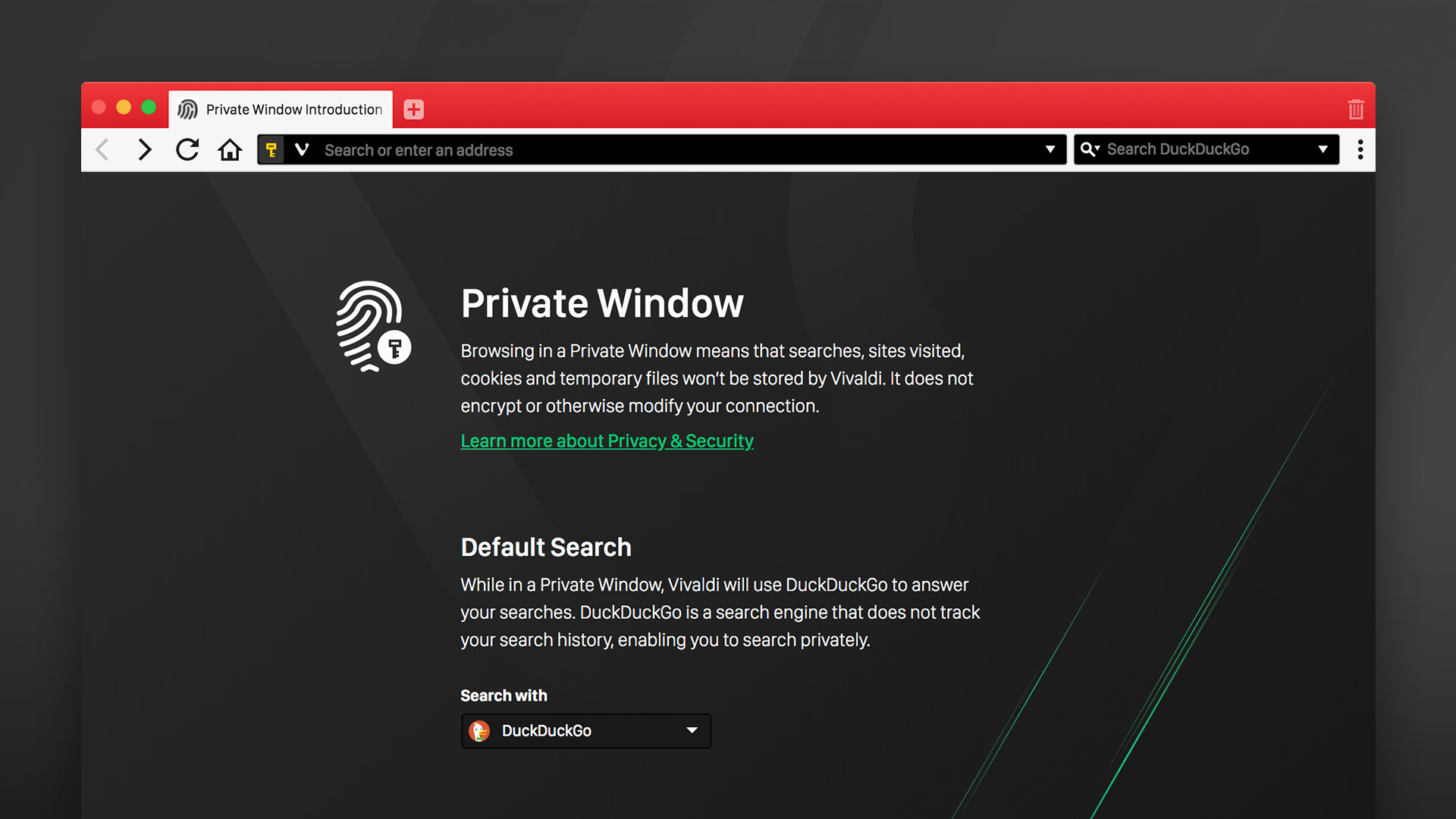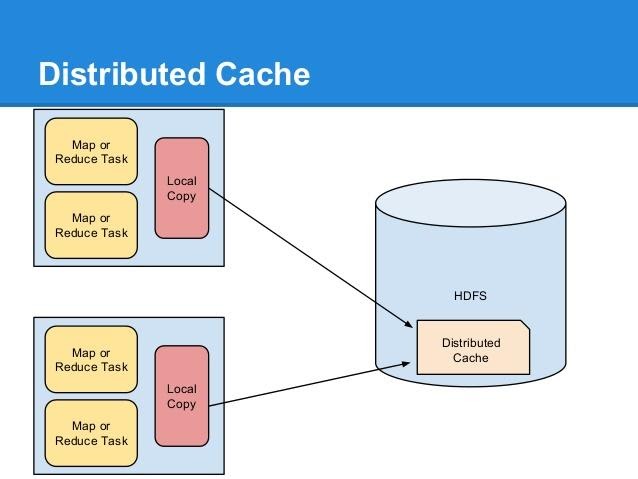

For further details, see I/O Devices and Commands in the Caché I/O Device Guide. These variable names should be avoided in situations where %IS is invoked. The %IS utility sets several local variables with all-uppercase names. A subscript can be a number or a character string it can include Unicode characters. By using subscripts, you can define a local variable as an array of values.

Therefore, a local variable name must be unique within its first 31 characters. You may specify a name longer than 31 characters, but only the first 31 characters are used. Local variable names are limited to 31 characters. For example: myvar, ^||myvar, and ^myvar are three different variables. A process-private global or a global may have the same name as a local variable. Other processes may have local variables with the same name. Local variable names must be unique for the current process. On Unicode systems, a local variable name may include letter characters above ASCII 255 (Unicode letters). For example: MYVAR, MyVar, and myvar are three different local variables. However, it is strongly recommended that a variable name not be the name of an ObjectScript command or an SQL reserved word. The other characters of a local variable name may be letters or numbers.Īny word can be used as a variable name. The percent (%) character can only be used as the first character of a local variable name.
Private cache type code#
Only variables that begin with “%Z” or “%z” are available for application code all other percent variables are reserved for system use according to the rules described in “ Rules and Guidelines for Identifiers” in the Caché Programming Orientation Guide. Variable names starting with the “%” character are known as “percent variables” and have different scoping rules. Its first character must be either a letter or the percent (%) character.

Naming Conventionsĭefine a local variable using the following naming conventions:Ī local variable name must be a valid identifier. When a process ends, all of the processes’ local variables are deleted.Ĭaché does not treat a SET or KILL of a local variable as a journaled transaction event rolling back the transaction has no effect on these operations. It is mapped to be accessible from all namespaces. It is accessible only to the process that created it. Within a program you can use any category of variable in the same way (such as assigning values or passing them as function arguments.) Local VariablesĪ local variable is a variable that is stored within the current Caché process. Special variables (also known as system variables)Įach of these is used for a specific purpose and may have different scoping rules. Within ObjectScript, there are several kinds of variables, as follows: The $DATA function can take an undefined or defined variable and returns its status. These operations assign a value to the variable. You can use an undefined variable in some operations, such as the READ command, the $INCREMENT function, the $BIT function, and the two-argument form of the $GET function. You can change Caché behavior to not generate an error when referencing an undefined variable by setting the %() Opens in a new tab method. If the variable is undefined, by default referencing it generates an error.

Most commands and functions require a variable to be defined before it is used. You can assign a null string ("") value to a variable. Within ObjectScript, a variable does not have data type associated with it and you do not have to declare it.Ĭommonly, you use the SET command to define a variable by assigning it a value. variable is the name of a location in which a value can be stored. Microsoft.Network/privateEndpoints/oupIds A private DNS zone can be linked to your virtual network to resolve to Azure Cache for Redis. Use private DNS zones to override the DNS resolution for a private endpoint. Configure Azure Cache for Redis to use private DNS zones


 0 kommentar(er)
0 kommentar(er)
